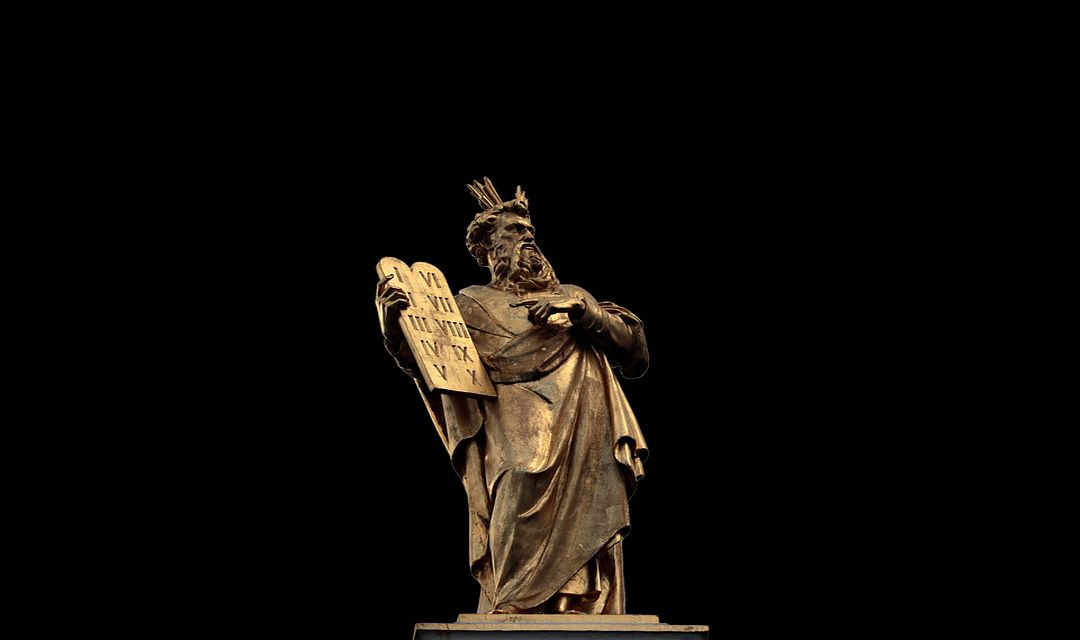Adapted from Creation Answer Book by Hank Hanegraaff
One complaint about the Genesis account of creation is that the first five books of the Bible, known collectively as the Pentateuch (“five-volumed book”), could not possibly have been written by Moses. Facts, however, say otherwise.
First, other biblical authors, including Joshua, Ezra, Daniel, and Paul, point squarely to Moses’ authorship of the Pentateuch. Indeed, the Pentateuch itself claims Moses as its author. In Exodus, for example, we read that “the Lord said to Moses, ‘Write down these words, for in accordance with these words I have made a covenant with you and with Israel.’ Moses was there with the Lord forty days and forty nights without eating bread or drinking water. And he wrote on the tablets the words of the covenant—the Ten Commandments” (34:27–28).
Furthermore, Jesus also placed the divine stamp of authenticity on Mosaic authorship when he said, “If you believed Moses, you would believe me, for he wrote about me. But since you do not believe what he wrote, how are you going to believe what I say?” (John 5:46–47). Then, when Jesus spoke about marriage and divorce, he appealed directly to the words of Moses in Genesis 2 and added, “Moses permitted you to divorce your wives because your hearts were hard. But it was not this way from the beginning. I tell you that anyone who divorces his wife, except for marital unfaithfulness, and marries another woman commits adultery” (Matthew 19:8–9).
Finally, in addition to these testimonies from the Old and the New Testament, other significant factors support Mosaic authorship. For example, the name Moses itself provides corroborating evidence for the exodus. The name is both rooted in Egyptian tradition and fits well with the exodus era. In addition, the author of Genesis, Exodus, Leviticus, Numbers, and Deuteronomy was clearly an eyewitness familiar with Egyptian names, words, customs, plants, animals, and even geography. This knowledge would have been difficult to come by unless the author was, in fact, an eyewitness to the remarkable events of the Egyptian captivity, the exodus, the forty-year sojourn in the wilderness, and the final encampment before entering the Promised Land.
In sum, those who deny Moses’ authorship of the first five books of the Old Testament seem influenced more by anti-supernatural bias than any biblical or historical evidence.
John 1:45
For further study, see Hank Hanegraaff, Has God Spoken? Proof of the Bible’s Divine Inspiration (Nashville: Thomas Nelson, 2011).
